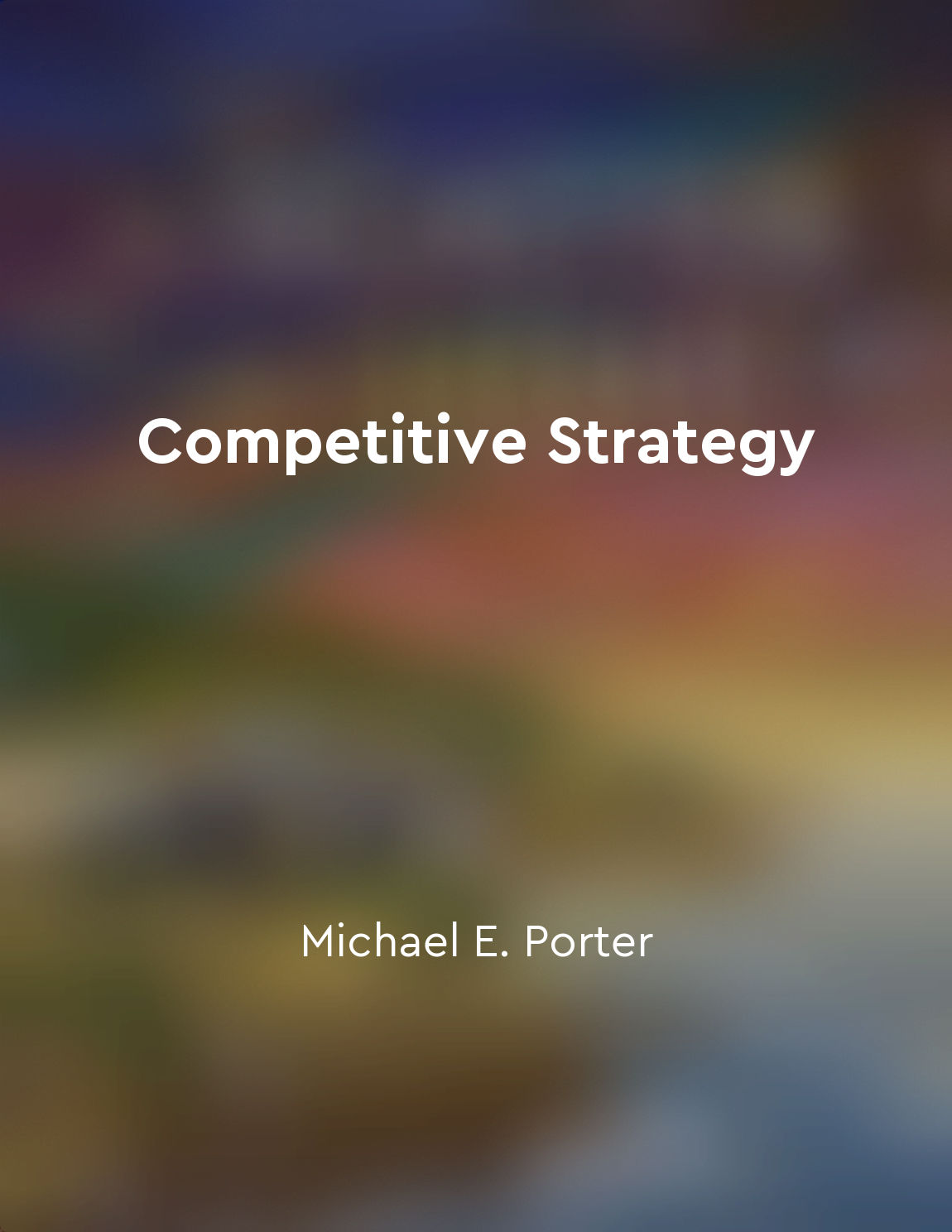Thinking strategically involves alignment from "summary" of How to Think Strategically by Greg Githens
Thinking strategically involves alignment. Alignment answers the question, "How do I ensure that my plans are connected to and support the organization's goals?" In essence, alignment is about ensuring that your strategy is consistent with the overall direction of the organization. Without alignment, your strategy is likely to be ineffective or even counterproductive. Alignment starts with understanding the organization's mission, vision, and goals. It requires you to be clear about what the organization is trying to achieve and how your strategy fits into that larger picture. This understanding provides the context for your strategic thinking and helps you make decisions that are in line with the organization's objectives. Alignment also involves coordinating your strategy with other parts of the organization. This includes making sure that your plans are consistent with other departments' strategies and that they do not conflict with each other. It also means working collaboratively with others to ensure that everyone is working towards the same goals. Furthermore, alignment requires you to consider external factors that may impact your strategy. This includes understanding the competitive landscape, market trends, and regulatory environment. By taking these external factors into account, you can ensure that your strategy is relevant and responsive to the changing business environment.- Alignment is about ensuring that your strategy is integrated into the fabric of the organization. It is about making sure that your plans are not developed in a vacuum but are instead connected to and support the organization's overall goals. By thinking strategically with alignment in mind, you can increase the likelihood of your strategy's success and contribute to the organization's overall effectiveness.
Similar Posts
Stay humble and be open to learning from others
The path to becoming a successful manager is paved with challenges and opportunities for growth. One of the key qualities that ...

Strategic groups within an industry affect competition levels
In any industry, competition is not uniform across all companies. Instead, firms tend to form distinct groups based on their st...
Learning from past experiences is crucial for future success
Learning from past experiences is essential for achieving success in the future. When we reflect on our past actions, decisions...

Discover your purpose before trying to lead others
Before you can effectively lead others, you must first discover your own purpose. This is the fundamental principle that underl...
Technology plays a role in organizational efficiency
Technology has become a critical component for organizations aiming to improve their operational efficiency. The integration of...
Leaders must be able to inspire creativity in others
To lead effectively, one must possess the ability to ignite creativity in others. This is a crucial quality for leaders who wan...
Win the war by winning hearts and minds
The most powerful victories are not achieved through sheer force or violence. True success in war involves winning over the hea...
Constantly evolve and adapt to meet customer needs
The key to successful product development is understanding that customer needs are constantly changing. To stay ahead of the cu...

Share your knowledge and experiences with others
One of the most important habits for achieving success in life is the willingness to share your knowledge and experiences with ...
Understanding one's limitations can prevent injury
It is essential to recognize the boundaries of our own physical capabilities in order to avoid potential harm. Ignoring these l...

